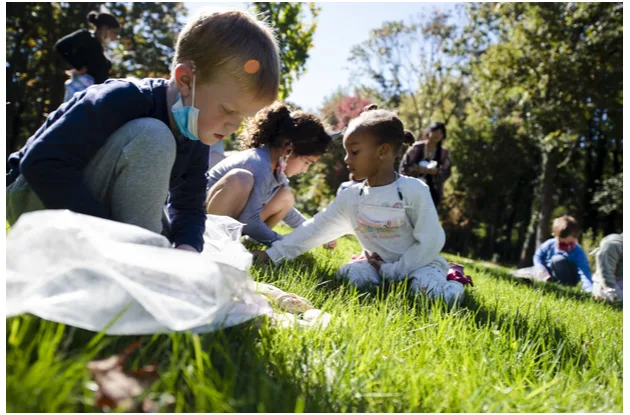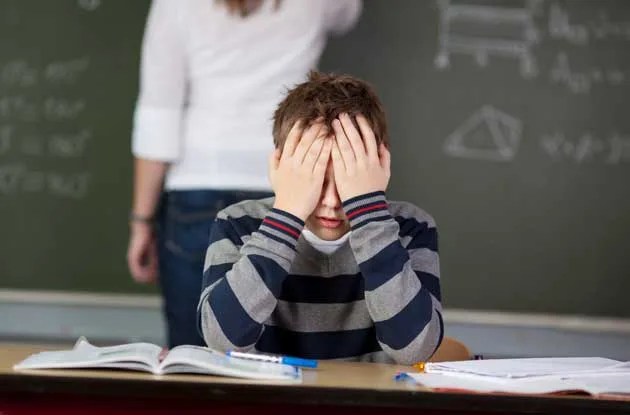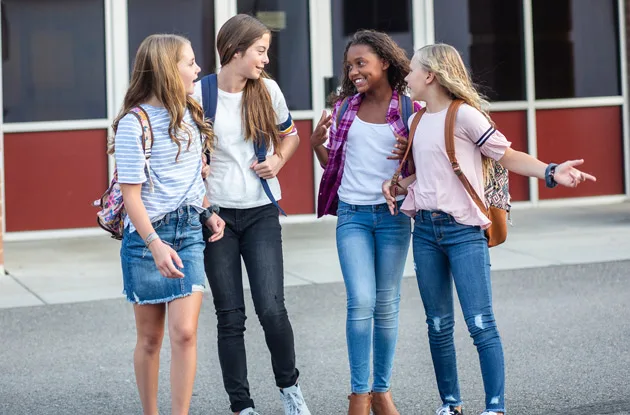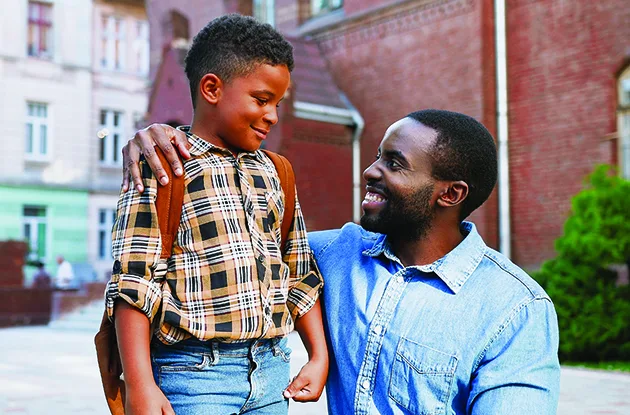There’s been a good deal of controversy surrounding New York City’s charter schools lately. While supporters maintain that charter schools offer a much-needed choice in educational opportunities not otherwise available in the public school system, opponents feel that due to a lack of accountability, these schools run a higher risk of academic inconsistencies and financial disarray. Charter schools are public, tuition-free schools that operate independently of the local districts under a “charter” from either the state Board of Regents, the State University of New York (SUNY), or the school chancellor. This means that although charter schools are subject to assessments, which include existing state exams for students, charter school operators are more or less free to run the school as they choose. This lack of restrictions can lead to problems, as was the case with the John A. Reisenbach Charter School in Harlem, whose charter was not renewed this year by SUNY’s Charter Schools Institute. Evaluators cited low test scores and inadequate plans for improvement as major causes for closure. As L. Jeffrey Perez, director of public affairs for the SUNY Charter Schools Institute, put it; “You do no child a favor by renewing a failure.” Other charter schools, however, are not only performing as well as others in their district, they’re doing better. One such success story is the Beginning With Children Charter School (BwCCS) in Williamsburg. In 2003, BwCCS outperformed most area schools on state exams, with 58 percent of students in grades 3-8 meeting state reading standards, and 53.9 percent meeting math standards (compared with 41.1 percent and 37.5 percent citywide). In 1989, Joe and Carol Reich, an investment banker and developmental psychologist respectively, established the Beginning with Children Foundation (BwCF) in the hopes of making positive changes in the education system. The couple had previously worked with the I Have a Dream program, promising college funds to two 6th-grade classes in Williamsburg; in exchange, the students simply had to stay in school. Mixed results taught the Reichs that 6th grade was too late a starting point for making a difference academically; the children were already too far behind. And so, the couple made it their goal to reach kids as early as possible. To that end, in 1992, the Beginning with Children School was launched (the school was granted charter status in 2001, making it one of the first K-8 public charter schools in the state). To create the school, the BwCF partnered with the New York City Board of Education (now the Department of Education), the United Federation of Teachers, and Pfizer, Inc., whose former corporate headquarters now houses grades K-5. Situated in an industrial neighborhood between a gas station and an empty lot, the school stands as an oasis. The facility is bright and well equipped, with amenities missing from many public schools. As director of charter schools at BwCF, Jonathan Spear maintains: “Building public and private partnerships leverages resources for kids.” There’s a 2,500-square-foot library which includes a New York Knicks Reading Zone furnished with colorful plush chairs, art and music rooms, computer centers, and a science lab housing various small creatures (snakes, turtles, frogs, a mouse). A recent visit saw a kindergarten class learning to tell time, 3rd graders making necklaces from paper beads, and a 5th grade class cleaning up their room — scrubbing desks and throwing away garbage. Grades 6-8 are located three blocks away, on the 4th floor of P373K, a special education high school. The student body, accepted through lottery, is diverse in background and ability, though most come from the surrounding Williamsburg, Bushwick, and Bedford-Stuyvesant areas. An estimated 75 percent of students’ families are at poverty level. The school practices inclusion, wherein special needs students are taught alongside the rest of their classmates instead of being isolated in a separate program. Counseling services are made available to children who need them. “We don’t close our eyes to the fact that a lot of our children come from difficult home situations,” says Mimi Corcoran, executive director of BwCF (and mother of four boys). “The academic success of our children is what we’re all about, but the whole child is important.” Addressing the individual needs of students is a primary goal of BwCCS. “When kids come in, we test everyone so that we have a baseline,” Corcoran says, adding, “We know their strengths and weaknesses and can tailor their education programs.” Children are tested both at the beginning of the year and in the spring, to get an idea of each child’s progress. Test results advise the staff as to what curriculum changes need to be made. “The assessments are not, ‘you’re good, you’re bad,’” stresses Corcoran. Spear believes that other city schools would do well to adapt this method of testing. He strongly disagrees with “this notion of holding 3rd graders back, when it’s the first piece of data the city has,” (in reference to the controversial testing for 3rd graders which determines whether or not a child is promoted). “Third grade is too late,” he says. “We test early and give the data back to teachers early. That’s not what’s happening systemically.” BwCCS is also concerned about the post-graduation welfare of its students. The Foundation’s Alumni Program offers SAT prep courses, internship opportunities and career counseling, and follows the progress of former students closely. This school year saw the departure of founding principal Sonia Ortiz-Gulardo and the arrival of new principal Rosa Calvet. Calvet, who has worked as a principal in the Bronx and Pennsylvania, feels that despite its current success rate, the school can do better. “I’d like the school to exceed its own promise,” she says. “One of the ways we can measure that is to get more of our kids into specialized high schools.” She also hopes for “more serious parental involvement.” One development that staff, students, and parents alike are excited about is the construction of a brand-new playground, made possible by funds from Pfizer, Inc., the BwCF, and a grant from Council member Diana Reyna and Assemblyperson Vito Lopez, scheduled to open in the fall. “The playground will benefit the school and the community,” says Corcoran.





















